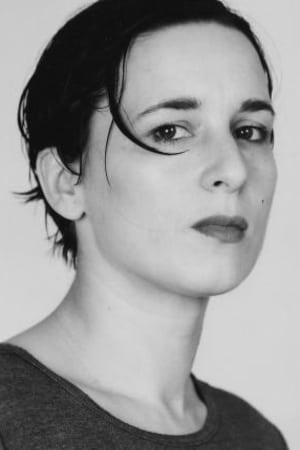
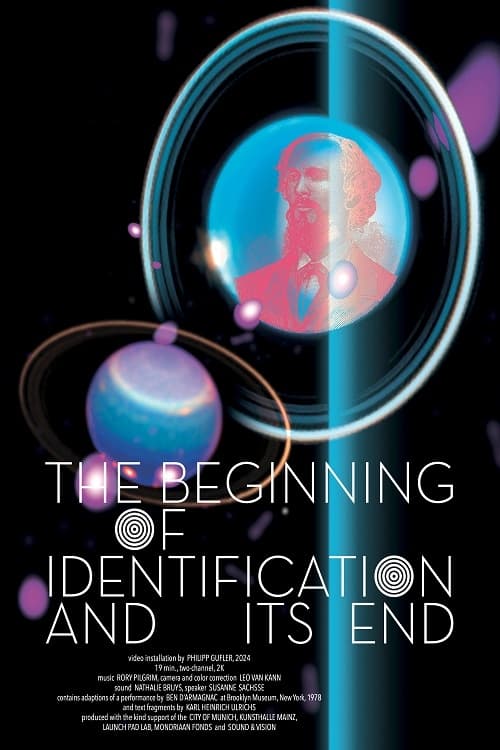
A video installation composed of a performance by the artist alongside archival film scenes centered on queer and transgender content. Presented across two projections, the film juxtaposes explicit and everyday expressions of non-normative sexuality: from people dancing freely at a lesbian party to Charlotte Charlaque's reverent smile, and the provocative speeches of far-right homosexual politicians. This collage is underscored by a rich soundtrack featuring recitations from Karl Heinrich Ulrichs’s seminal 19th-century texts advocating for decriminalizing homosexual love, interwoven with atmospheric and pulsating soundscapes by English artist Rory Pilgrim. These elements immerse viewers in a poetic and political reflection on the histories and expressions of excluded sexualities and genders.
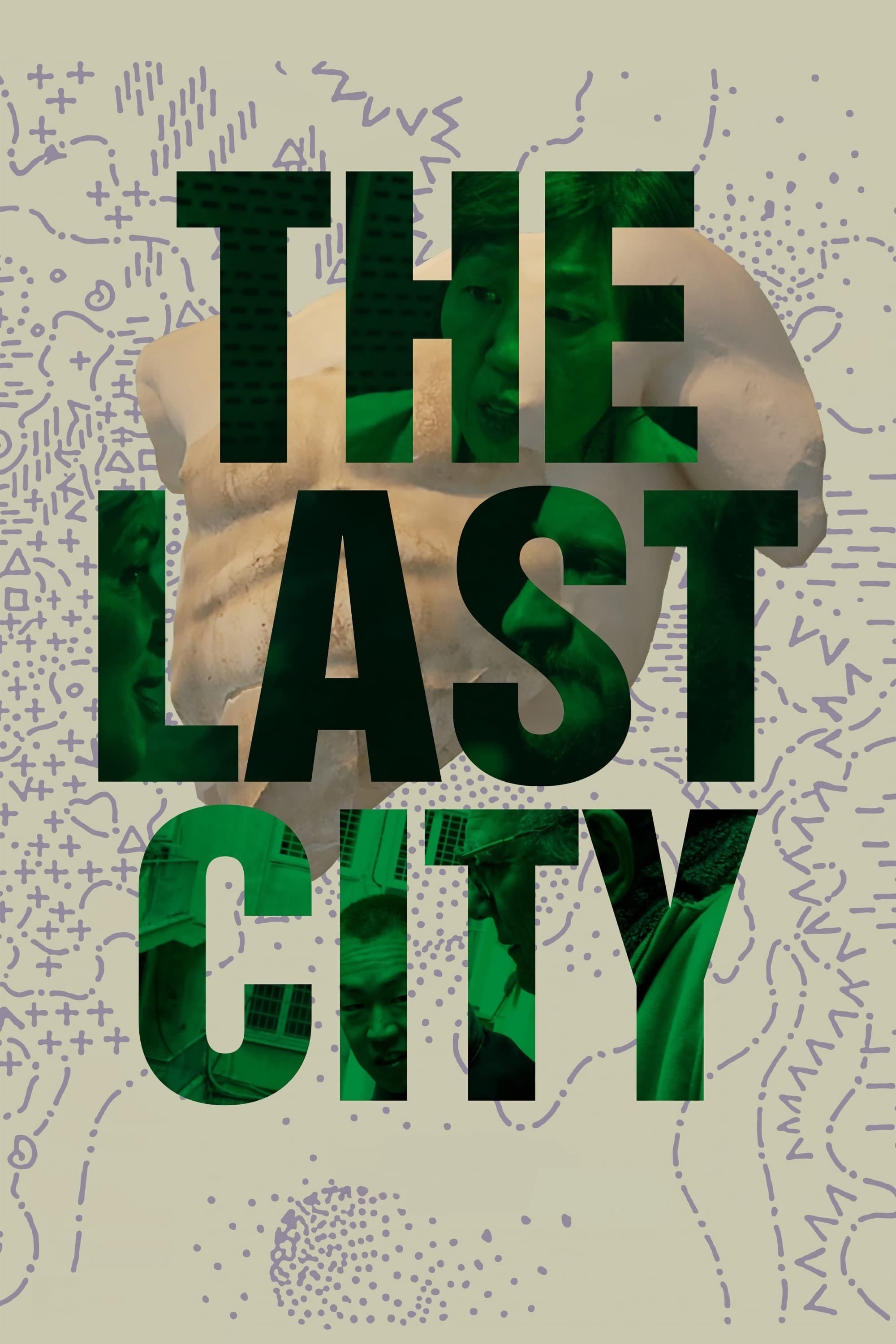
An archaeologist and a weapons designer, who knew each other in a previous life as a filmmaker and a psychoanalyst, meet at an excavation site in the Negev desert and begin a conversation about love and war, which they continue in the Israeli city of Be’er Sheva. A series of encounters with alternating actors in different roles ensues, which leads the viewer through the cities of Athens, Berlin, Hong Kong and São Paulo. Among those appearing are: an old artist who meets his younger self; a mother who lives with her two grown-up sons, a priest and a policeman; a Chinese and a Japanese woman; a curator and a cosmologist.
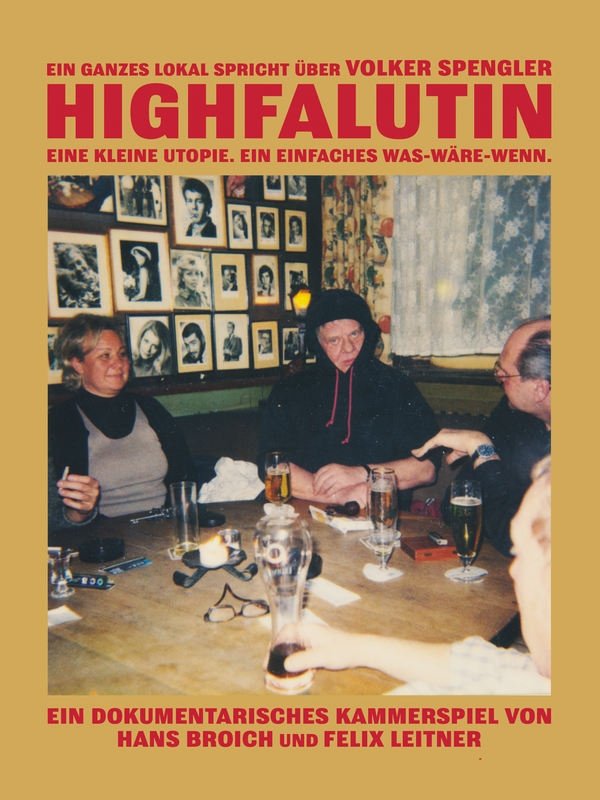
A bar full of people talking about Volker Spengler. HIGHFALUTIN is an attempt to create such a utopia, a simple "what if."
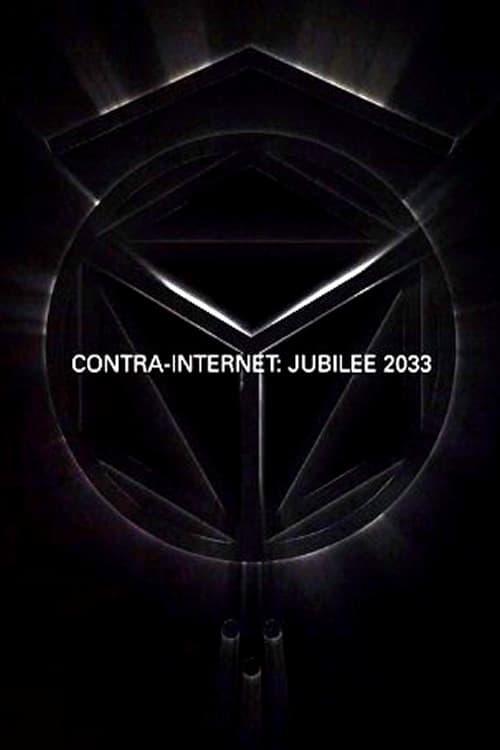
Inspired by Derek Jarman’s 1978 queer punk film Jubilee, Contra-Internet: Jubilee 2033 follows Ayn Rand and members of her Collective, including Alan Greenspan, on an acid trip in 1955.
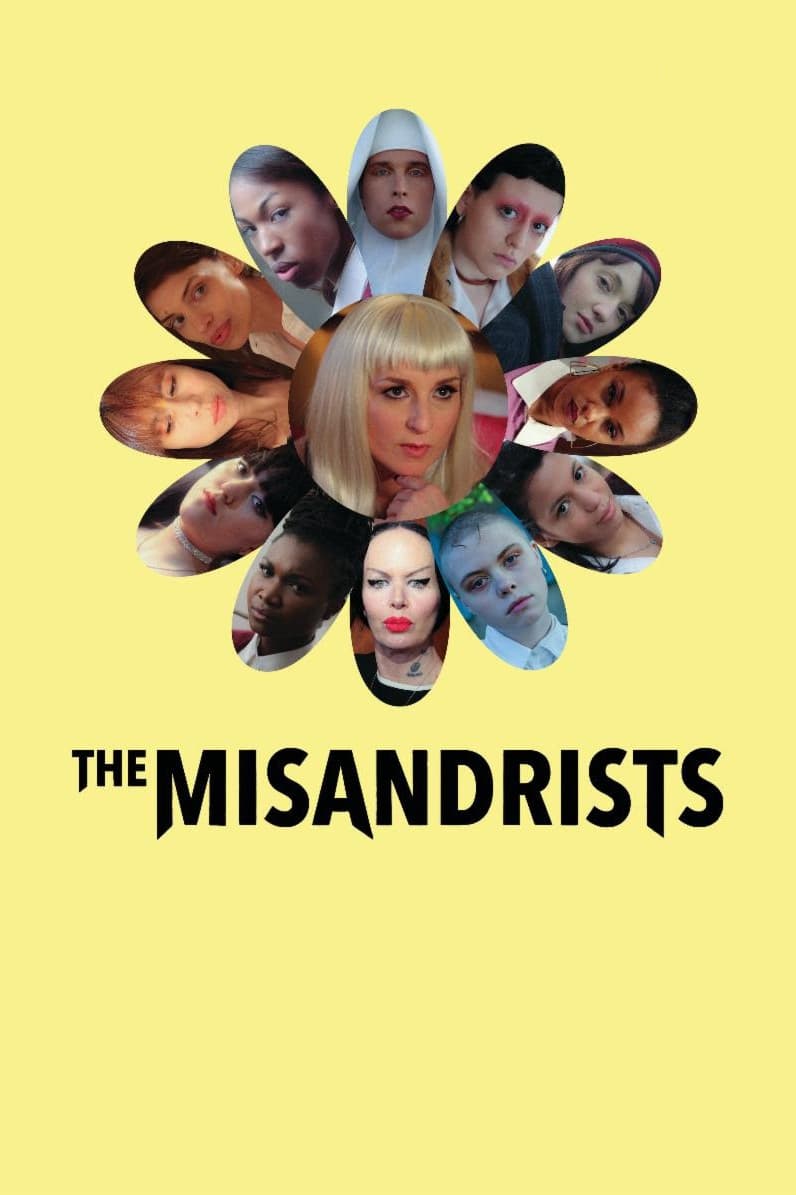
In Ger(wo)many, when an army of radical females is preparing for a final revolution and a utopian world without men, a young male soldier arrives seeking refuge at the convent.
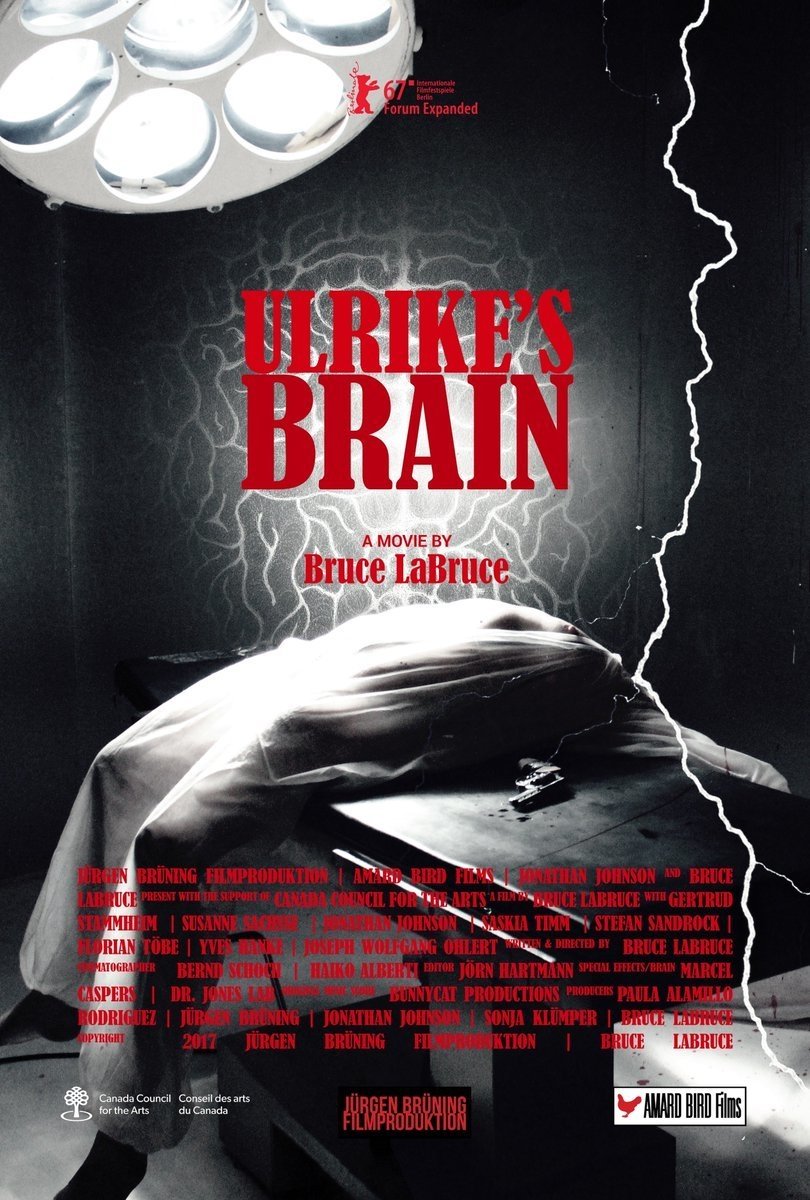
Referencing sixties B-movies like "They Saved Hitler’s Brain" and "The Brain That Would Not Die", Ulrike’s Brain finds Doctor Julia Feifer (Susanne Sachsse) arriving at an academic conference with an organ box. Inside the box: the brain of Ulrike Meinhof, which was saved by the authorities along with the brains of the three other leaders of the RAF after their deaths in Stammheim prison. Doctor Feifer can communicate telepathically with Ulrike’s brain, which is directing her to lead a new feminist revolution. To that end, she is searching for the ideal female body to transplant Ulrike’s brain into. At the same time, her arch-rival, Detlev Schlesinger, an extreme right-wing ideologue, arrives at the conference with the ashes of Michael Kühnen, the former German neo-Nazi leader and infamous homosexual who died of AIDS in 1989. When the two Frankenstein’s monsters of the extreme left and the extreme right meet, chaos ensues.

A modern story of an actress that is in a theatre. In a place designed for representation, for daily reenactments of human passions, the film is focusing on the cruel awakening of the actress to her true self. More precisely to an “ancient self”. The one most people edit out of their lives: the garbage self.
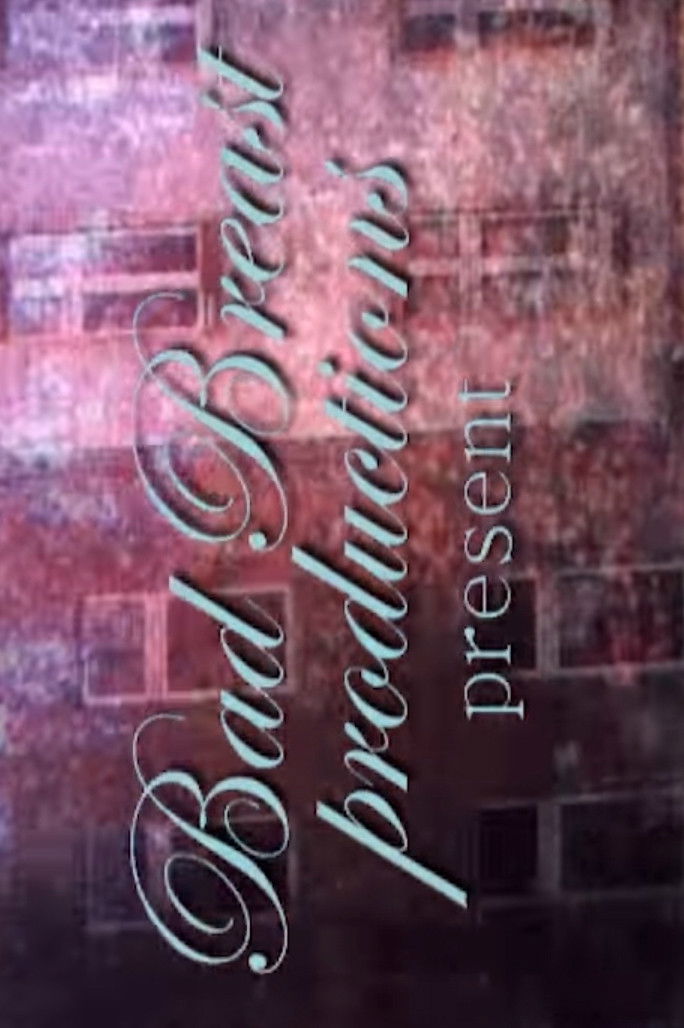
A theatre project developed and directed by Bruce LaBruce. It was inspired by the life and theoretical writings of Melanie Klein, one of the psychoanalytic thinkers who interpreted Freud’s work after his death.
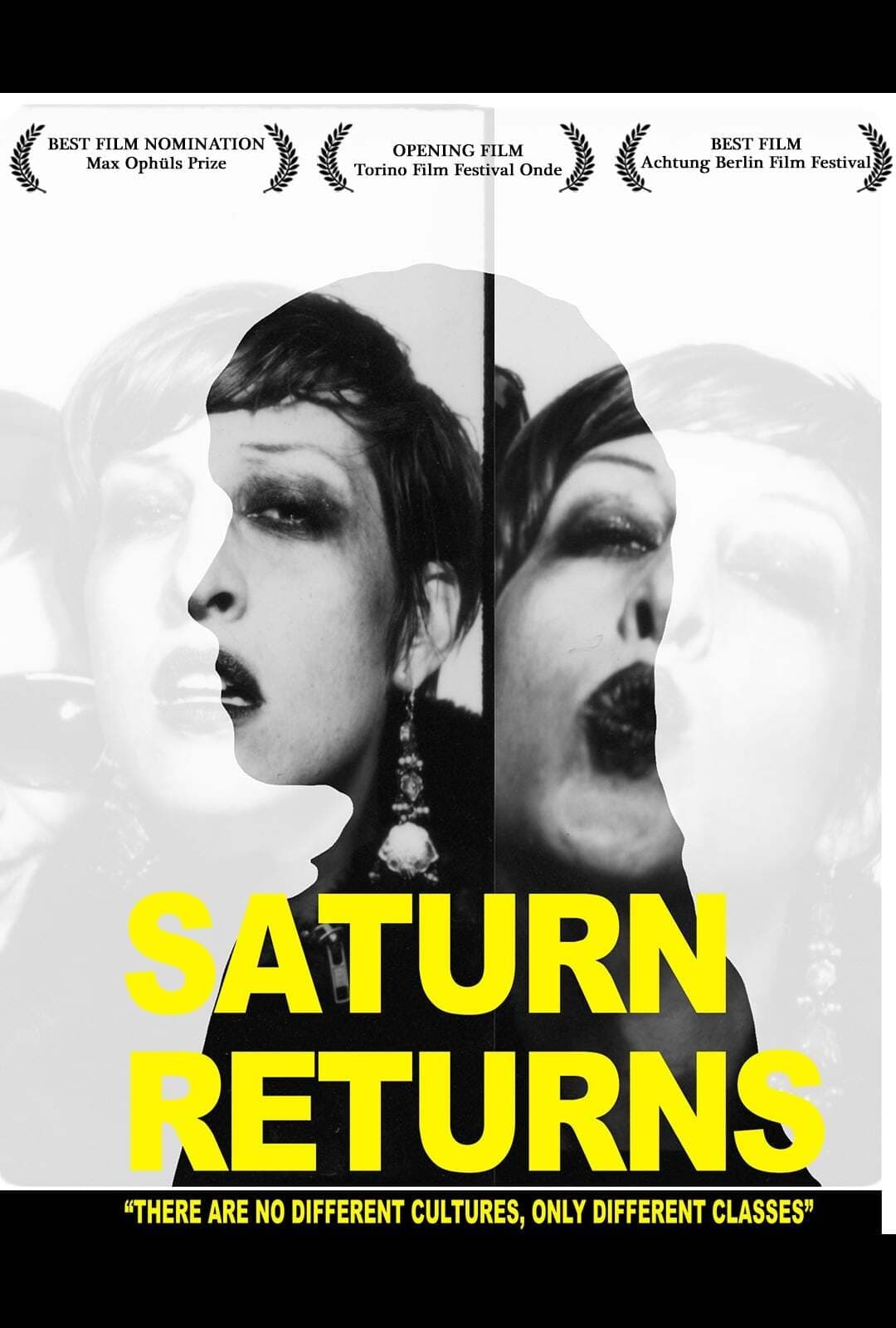
Lucy, a privileged North American in contemporary Berlin, living a life of post Punk hedonism, roams the streets with her best friend, Derek. Together they use the city like a playground, a stage, and a never ending party. Into their lives enters Galia, a young Israeli woman carrying the promise of a better, cleaner way of living. A tribute to Punk underground films turns into a melodrama in "Saturn Returns", mirroring Lucy and Galia's modulating states of mind. Our and their look into each other's life and culture, becomes an investigation of empty facades. The film was constructed by both improvised and pre-scripted scenes, as required by the nature of each scene.
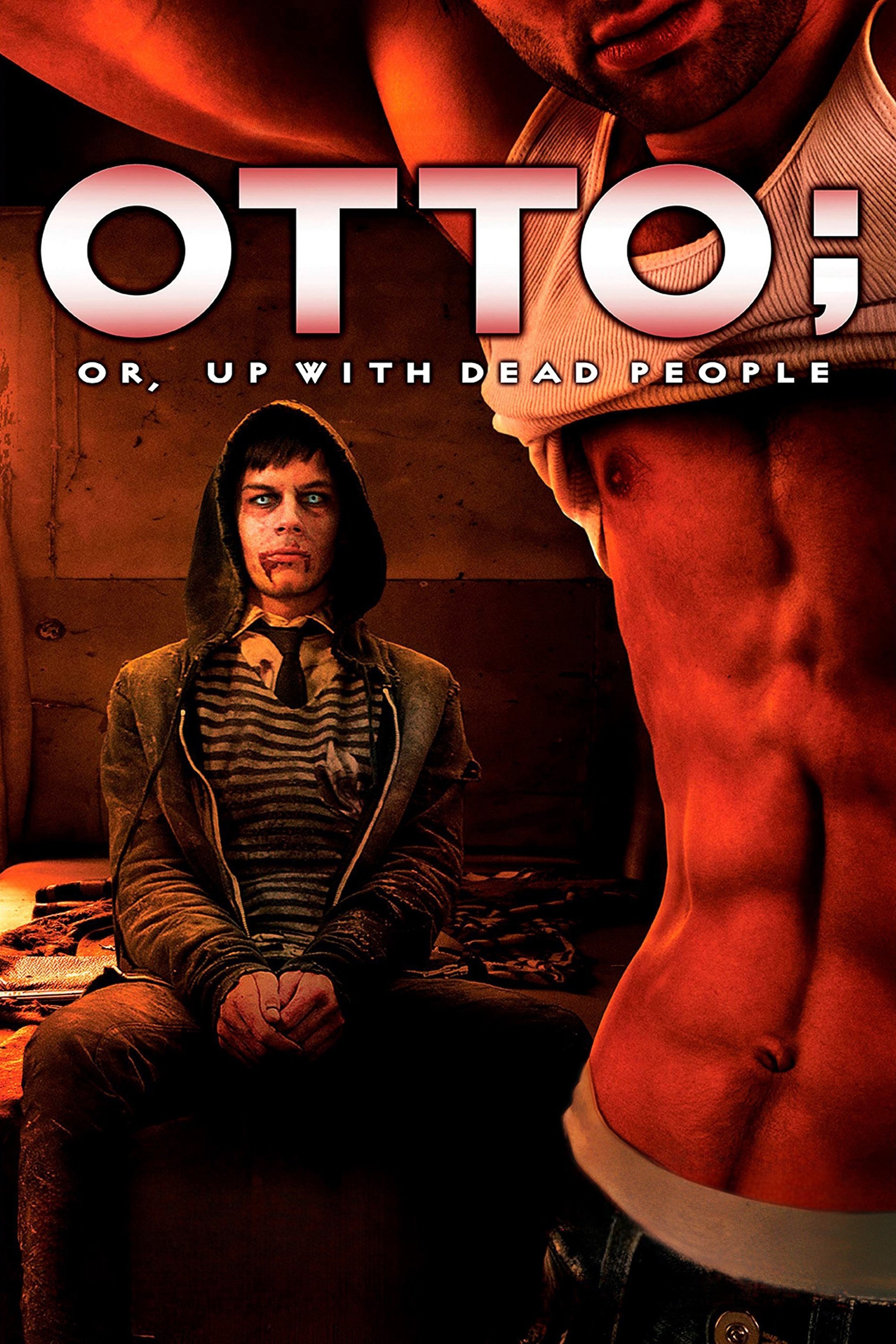
A young zombie named Otto appears on a remote highway. He has no idea where he came from or where he is going. After hitching a ride to Berlin and nesting in an abandoned amusement park, he begins to explore the city. Soon he is discovered by underground filmmaker Medea Yarn, who begins to make a documentary about him with the support of her girlfriend, Hella Bent, and her brother Adolf, who operates the camera. Meanwhile, Medea is still trying to finish Up with Dead People, the epic political-porno-zombie movie that she has been working on for years. She convinces its star, Fritz Fritze, to allow the vulnerable Otto to stay in his guest bedroom. When Otto discovers that he has a wallet that contains information about his past, before he was dead, he begins to remember details about his ex-boyfriend, Rudolf. He arranges to meet him at the schoolyard where they met, with devastating results.
Susanne Sachße is a German producer, director, screenwriter and actress.
By browsing this website, you accept our cookies policy.